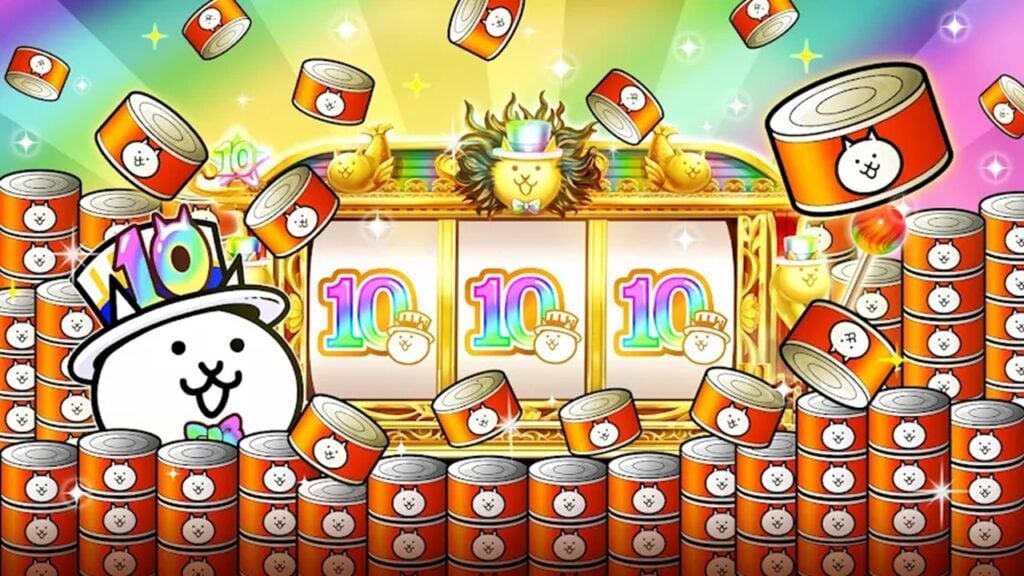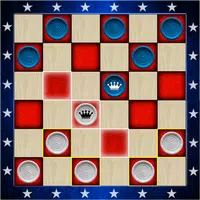Home > News > Clair Obscur: Expedition 33's Breakout Success Is Kicking Up Tired Arguments Over Turn-Based Games
Clair Obscur: Expedition 33's Breakout Success Is Kicking Up Tired Arguments Over Turn-Based Games
In the ever-evolving landscape of role-playing games (RPGs), the debate between turn-based and action-oriented gameplay continues to captivate enthusiasts. The recent launch of Clair Obscur: Expedition 33 has reignited these discussions, proving itself as a standout RPG that pays homage to classic turn-based systems while introducing innovative elements.
Clair Obscur: Expedition 33, released just last week, has garnered widespread acclaim, including from IGN. The game proudly showcases its inspirations, featuring a turn-based combat system, Pictos to equip and master, zoned-out "dungeons" to explore, and an overworld map. In an interview with RPGsite, producer Francois Meurisse emphasized that the game was designed as a turn-based RPG from its inception, drawing direct inspiration from iconic titles such as Final Fantasy VIII, IX, and X. Additionally, the game incorporates elements from Sekiro: Shadows Die Twice and Mario & Luigi, using quick-time events and parrying/dodging mechanics to blend traditional turn-based strategy with more dynamic action sequences.
This unique approach has sparked conversations across social media, with many citing Clair Obscur's success as a rebuttal to critiques of turn-based systems, particularly in the context of the Final Fantasy series. Naoki Yoshida, during the media tour for Final Fantasy XVI, discussed the shift towards action-based mechanics in RPGs, citing a growing sentiment among younger audiences who find traditional command-based systems less engaging. This perspective is reflected in recent Final Fantasy titles like XV, XVI, and the VII remake series, which have embraced more action-oriented gameplay.
However, the narrative around turn-based games is more nuanced. Square Enix has not abandoned the format entirely, as evidenced by successful releases like Octopath Traveler 2, SaGa Emerald Beyond, and the upcoming Bravely Default remaster for Switch 2. While the Final Fantasy series may have shifted, the publisher continues to support turn-based RPGs.
The question of whether Final Fantasy should adopt Clair Obscur's approach is met with a resounding "no" from many fans. Each series has its unique aesthetic and identity, and reducing Clair Obscur to a mere imitation of Final Fantasy overlooks its originality and contributions to the genre. Historical debates, such as those surrounding Lost Odyssey and comparisons between Final Fantasy VII and VI, highlight the ongoing discourse among fans.
Sales considerations also play a significant role in game development decisions. Yoshida mentioned that while he appreciates command-based RPGs, the expected sales and impact of Final Fantasy XVI influenced its direction. Meanwhile, Clair Obscur: Expedition 33 achieved a remarkable 1 million sales in just three days, signaling strong market potential for well-crafted turn-based RPGs. Other recent successes like Baldur's Gate 3 and Metaphor: ReFantazio further demonstrate that turn-based games can achieve both critical acclaim and commercial success.
Ultimately, Clair Obscur's success is a testament to the power of authentic game design. While it may not signal a necessary shift for Final Fantasy, it underscores the importance of staying true to a studio's creative vision. As Swen Vincke of Larian Studios noted, investing in a high-budget, well-executed game can yield significant results, emphasizing the value of passion and innovation in game development.
-
1

Every Pokémon Game on the Nintendo Switch in 2025
Feb 25,2025
-
2

Roblox: Trucking Empire Codes (January 2025)
Mar 05,2025
-
3

Poring Rush, the casual battling spin-off from hit MMORPG Ragnarok Online, is out now
Dec 30,2024
-
4
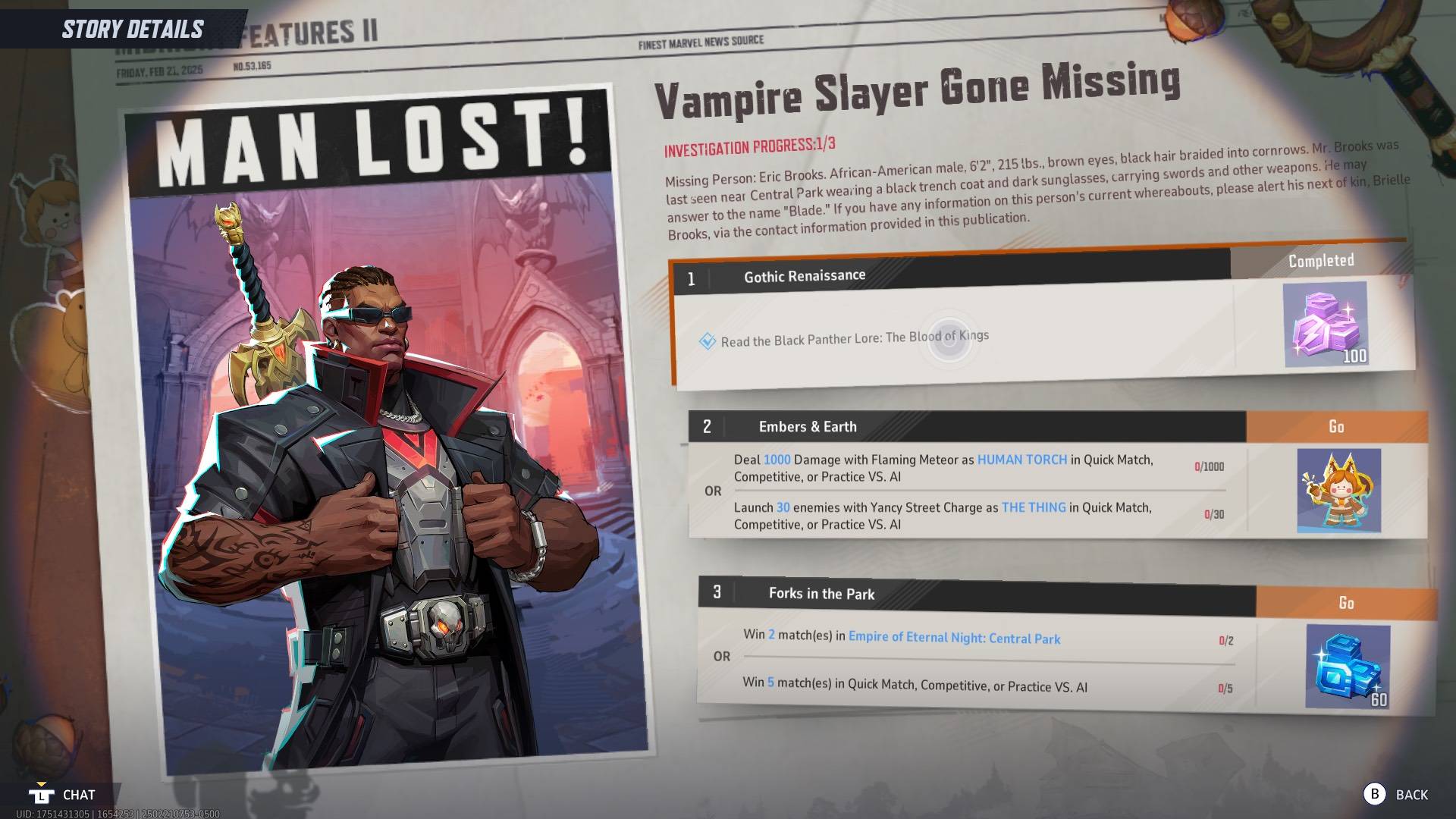
How To Read Black Panther Lore: The Blood of Kings in Marvel Rivals
Mar 01,2025
-
5
![Anime Vanguards Tier List – Best Units For Each Gamemode [UPDATE 3.0]](https://images.gzztb.com/uploads/35/17376012656791b0f12fa1c.jpg)
Anime Vanguards Tier List – Best Units For Each Gamemode [UPDATE 3.0]
Feb 27,2025
-
6
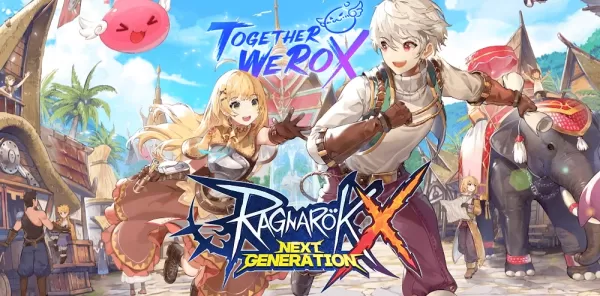
Ragnarok X: Next Gen - Complete Enchantment Guide
May 25,2025
-
7
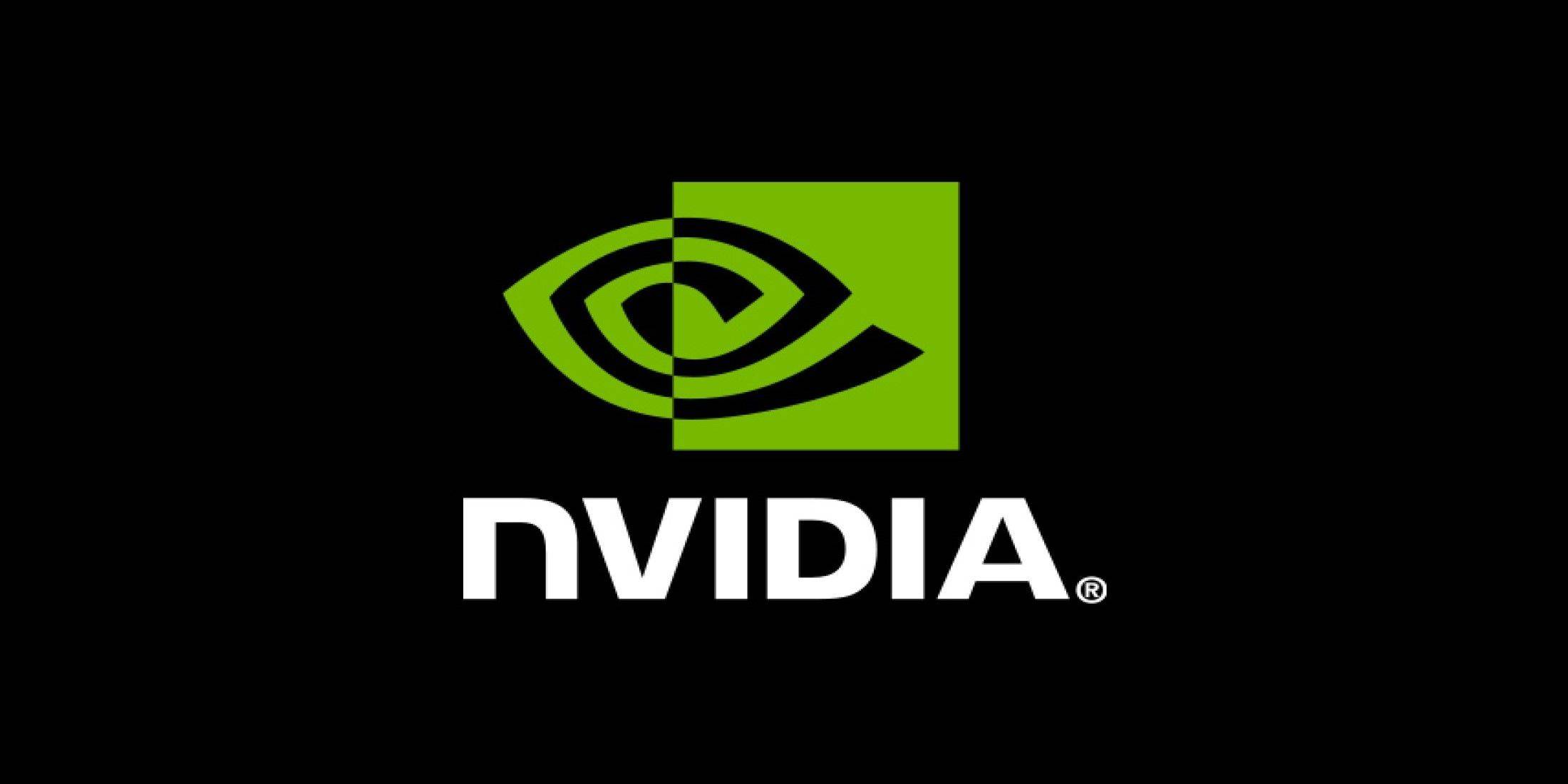
Nvidia RTX 5090 Specs Leak: Rumor Confirmed?
Mar 14,2025
-
8
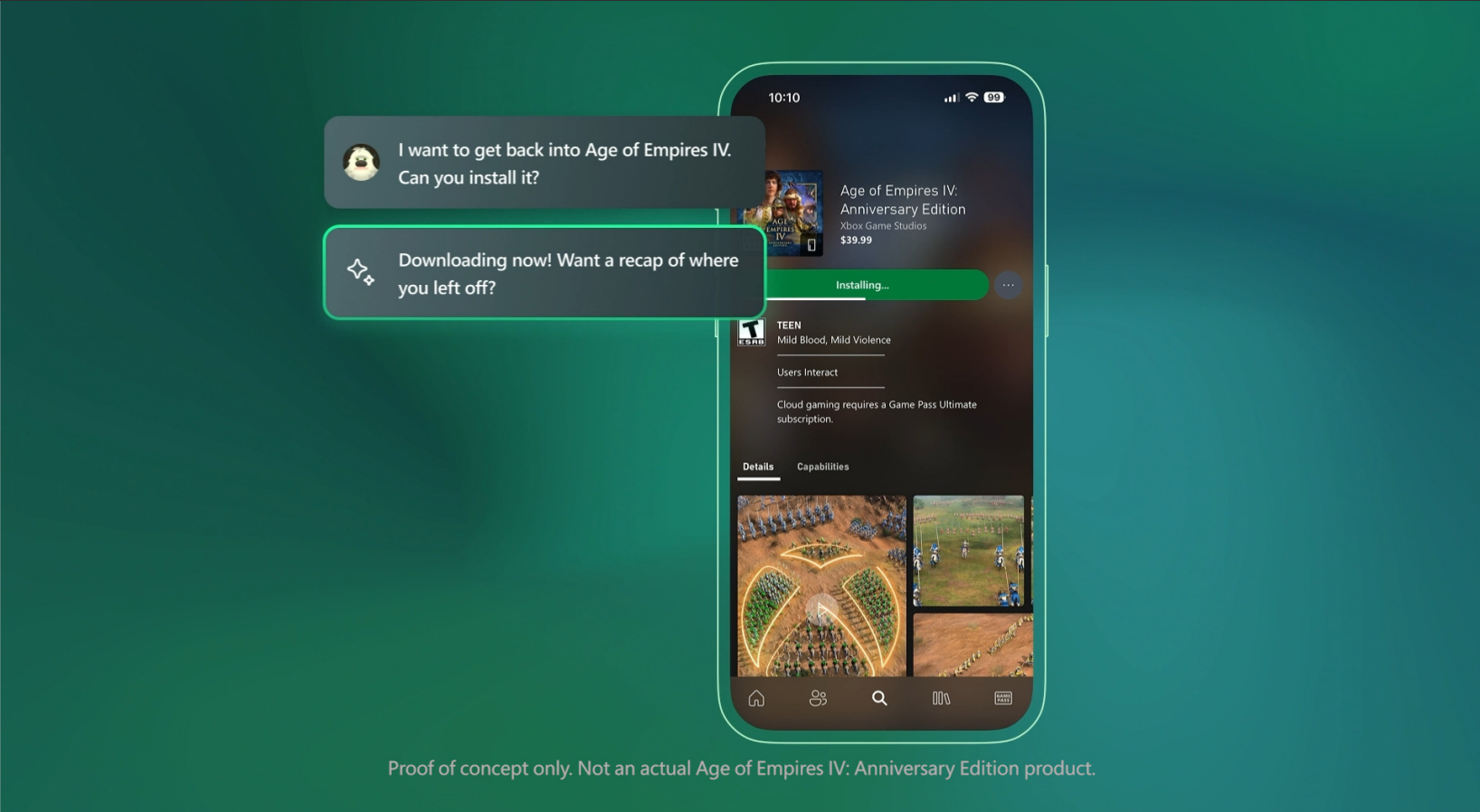
Microsoft to Integrate Copilot AI into Xbox App and Games
May 21,2025
-
9
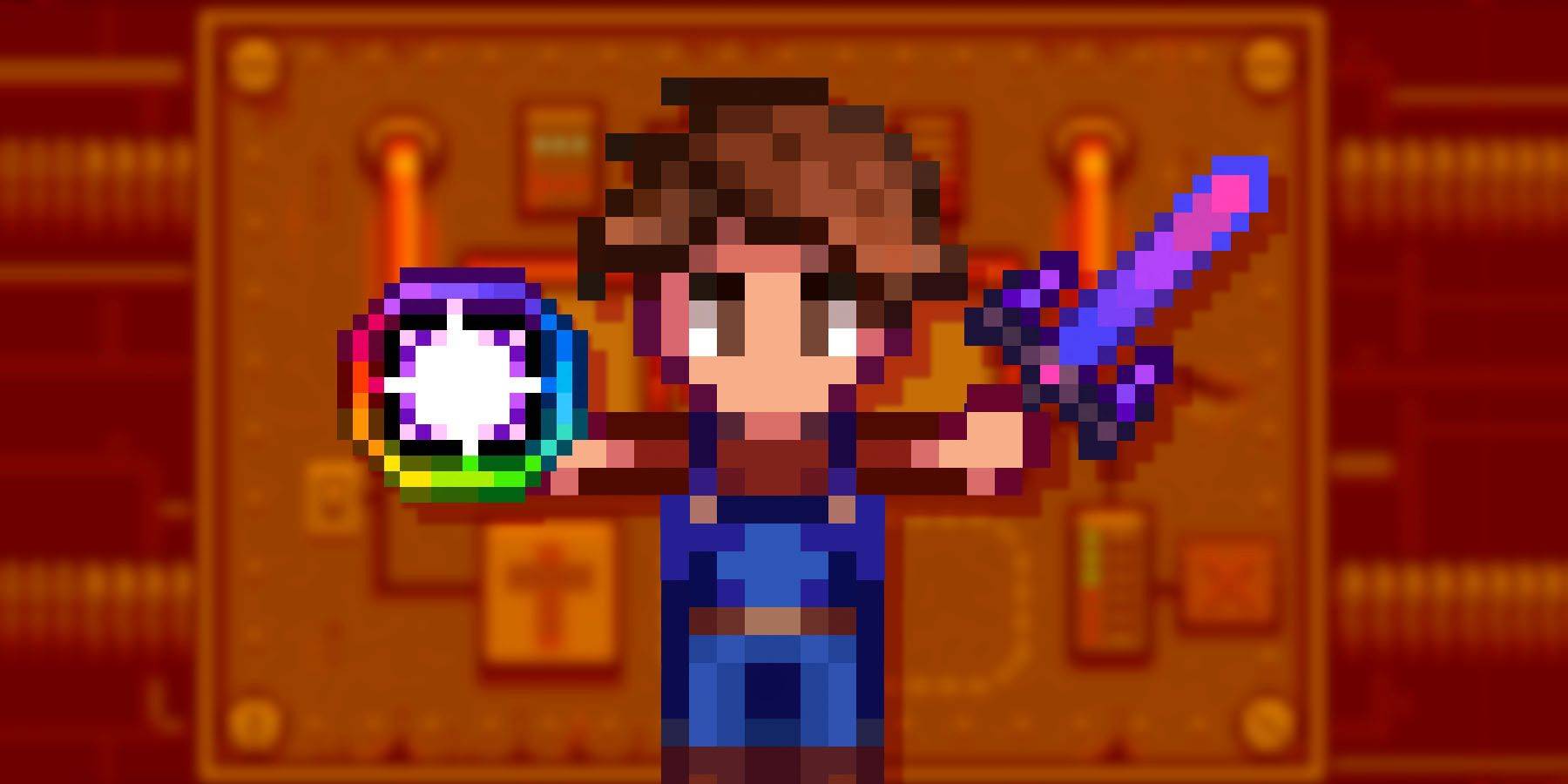
Stardew Valley: A Complete Guide To Enchantments & Weapon Forging
Mar 17,2025
-
10
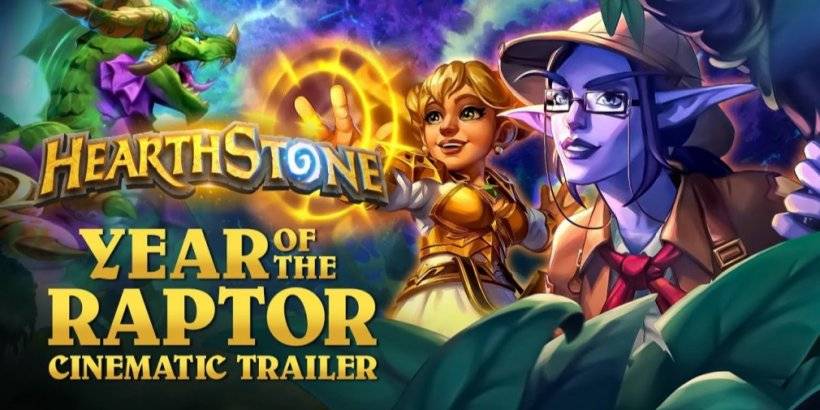
Hearthstone has kicked off the Year of the Raptor with a myriad of new content
Mar 16,2025
-
Download

The Golden Boy
Casual / 229.00M
Update: Dec 17,2024
-
Download

Niramare Quest
Casual / 626.43M
Update: Feb 21,2023
-
Download
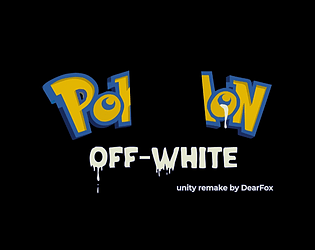
POW
Casual / 38.00M
Update: Dec 19,2024
-
4
Mother's Lesson : Mitsuko
-
5
Gamer Struggles
-
6
Poly Pantheon Chapter One V 1.2
-
7
How To Raise A Happy Neet
-
8
Dictator – Rule the World
-
9
Strobe
-
10
Livetopia: Party

